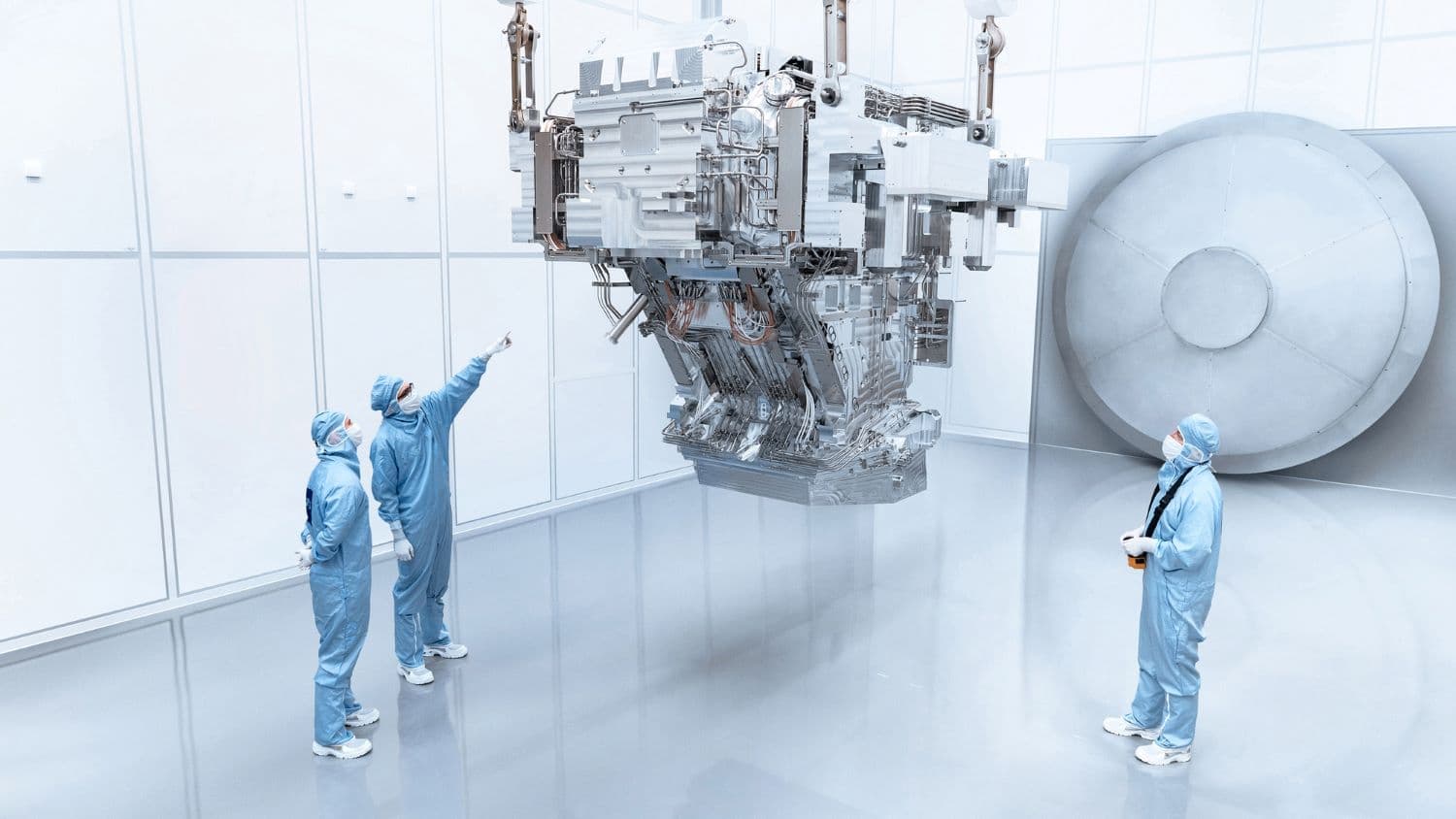WONDER aims to develop an automated and interactive 24/7 care service with Zora — a humanoid robot, successfully used for entertainment and therapy in about 130 Belgian nursing homes. Its goal is to use Zora to trigger positively charged personal memories in persons with dementia, and thus reassure and calm them. On the one hand, the project aims to automatically detect behavioral disturbances in nursing home residents. On the other hand, it explores how Zora can walk around semi-autonomously and interact personally with different residents, as a useful support tool for nurses and caregivers.
Complex Information for Person-Centric Care
Nursing homes around the globe are pulling out all the stops to provide the best possible care for residents with dementia. WONDER wants to use non-pharmaceutical interventions, like personal interaction and revisiting positive personal memories, to improve the quality of life of these nursing home residents. The project also aims to reduce the incidence of behavioral disturbances - such as aggression or wandering. For a robotic solution to provide such person-centric care, the key is to accurately interpret complex contextual information.
Sensor-Driven, Context-Aware and Personalized Robotics
The WONDER project investigates how behavioral disturbances can be identified automatically via kinsei sensors from Xetal, wearables and other context information sources. Using real-life data, algorithms will be developed to determine how Zora should respond correctly - and even proactively - to the detected behavior and how this robot should adapt its response to the nursing home resident in a personalized way. Researchers will also design a personalized, wearable monitoring device.
In addition, WONDER investigated the requirements for the Zora robot to work 24/7 and semi-autonomously in nursing homes, assisting caregivers in their day-to-day activities. This implies that Zora needs to be able to move from one resident to another and start interacting personally, based on for instance a resident’s individual memories. Taking into account Zora’s hardware limitations - battery and walking speed, to give just two examples - WONDER will determine how to ideally schedule intervention strategies throughout the day.
Co-Creation to Ensure Personalized Intervention
Through co-creation sessions involving care staff, persons with dementia, family members and elderly organizations, WONDER not only aims to determine the most efficient personalized intervention approach. Co-creation is also crucial to ensure a broad acceptance of the service among all people involved in person-centric care.
“Apart from nursing homes, WONDER will, in time, also enable hospitals and schools to implement an automated, yet fully personalized and sensor-driven care service. One that positions the Zora robot as a context-aware care support tool, capable of assisting care providers semi-autonomously and 24/7.”
Download Leaflet
Video
WONDER
Interactive, Automated Support for Personalized Care Services.
WONDER is an imec.icon research project funded by imec and IWT.
It ran from 01.10.2015 until 30.09.2017.
Project information
Industry
- QBMT
- Xetal
- WZC Weverbos
- WZC De Vijvers
Research
- imec - IBCN - UGent
- imec - SMIT - VUB
Contact
- Project Lead: Tommy Deblieck
- Research Lead: Pieter Simoens
- Innovation Manager: Piet Verhoeve












